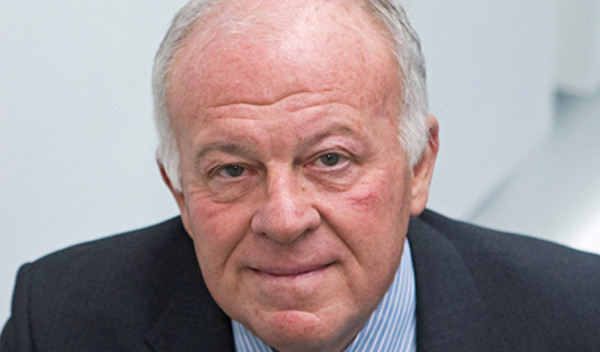

Mr Hargreaves said the wave of consolidation seen in the adviser market in recent years had started to show its effects on fund providers as big adviser businesses tended to gravitate towards the more established fund houses, making it difficult for smaller newer ones to enter the market.
This threatened to create a drag on performance as innovation and the willingness to take risk are increasingly lacking, he said.
Mr Hargreaves said: "As you have had small advisers walk away from the industry, their clients have been taken over by big firms, and that increases the concentration of investors in a small number of funds.
"Regulation contributes to that as well, as it causes these big firms to buy a fund that has done well ... they can always justify buying it because it did well for ten years, and never mind if it then did badly for five years, or if the fund manager is two years from retirement and just wants to retire so thinks he doesn’t have to work too hard any more.
"They can be bone idle but because of the ten years of good performance they keep getting money from the big players."
Mr Hargreaves helped to found the Blue Whale Capital investment management business and its associated Blue Whale equity fund in 2017, providing seed funding for both.
The Blue Whale fund was the top performer from more than 200 funds in the IA Global sector in the 2018 calendar year, according to data from FE Analytics, and recently grew to more than £100m in size. But it didn't have an easy start.
Mr Hargreaves said: "It is phenomenally difficult to launch a fund management business right now. The regulation is overpowering, it is at the stage where you have to be exceedingly rich or very well known to launch an asset management business, and fortunately I am both."
Mr Hargreaves put the first £25m of capital into the fund at launch, and has seen the fund gain 11 per cent since launch.
He also retains a 32 per cent stake in Hargreaves Lansdown, the investment platform he co-founded, which at the current share price is worth £2.6bn.
Mr Hargreaves said: "The market is dictated by a few major players. I have been very surprised at how difficult it has been for Blue Whale to gain traction.
"Advisers should support new businesses, or they will be left with a small number of horrible bureaucratic businesses, with funds that have mediocre performance because no one wants to take a risk."
The Blue Whale fund is managed by Stephen Yiu, a former fund manager at Artemis, who had previously worked for Mr Hargreaves at Hargreaves Lansdown.
The idea of launching the fund came from Mr Hargreaves approaching him to manage £25m of family money on his behalf.
Mr Hargreaves said the fund was focused on buying a relatively small number of quality companies.
He said: "There are hundreds of great companies in the world, but the thing is everyone knows which ones they are. The key is to find the ones that are at a sensible price and can surprise on the upside."
He acknowledged that the Blue Whale fund follows the growth style of investing also used by Nick Train (whose global fund Mr Hargreaves has long been invested in) and Terry Smith.
This style of investing has been popular in recent years due to low interest rates and growth rates, which benefit large companies that have regular dividends, as the value of those dividends is worth more relative to bond yields.
Advocates of the value style of investing contend that when bond yields rise, investors move away from the growth style.
But Mr Hargreaves said: "The [growth style] is the best strategy in all market conditions because if the economy slows down you want the companies that can still surprise on the upside."
But since the start of 2019, funds using the value style of investing have performed more strongly than growth funds.
Mr Hargreaves is also an advocate of the UK leaving the EU, and spent millions advocating a leave vote in the 2016 referendum.
He said investors most crave certainty. "It doesn’t matter if it's a good deal, a bad deal, the market can adjust to that, and any deal is better than no deal at all, but even with a no deal, once the exit happens, there is certainty.
"The absolute worst thing that could happen is for the stiffs in parliament to extend the deadline and keep the uncertainty going."
Mr Yiu said his response to the ongoing political uncertainty in the world means he is focused on companies that are not exposed to the economy, including in areas such as healthcare and technology.
Mark Barnett, head of equities at Invesco, agreed with Mr Hargreaves that any increase in certainty would boost the case for UK equities.
david.thorpe@ft.com




